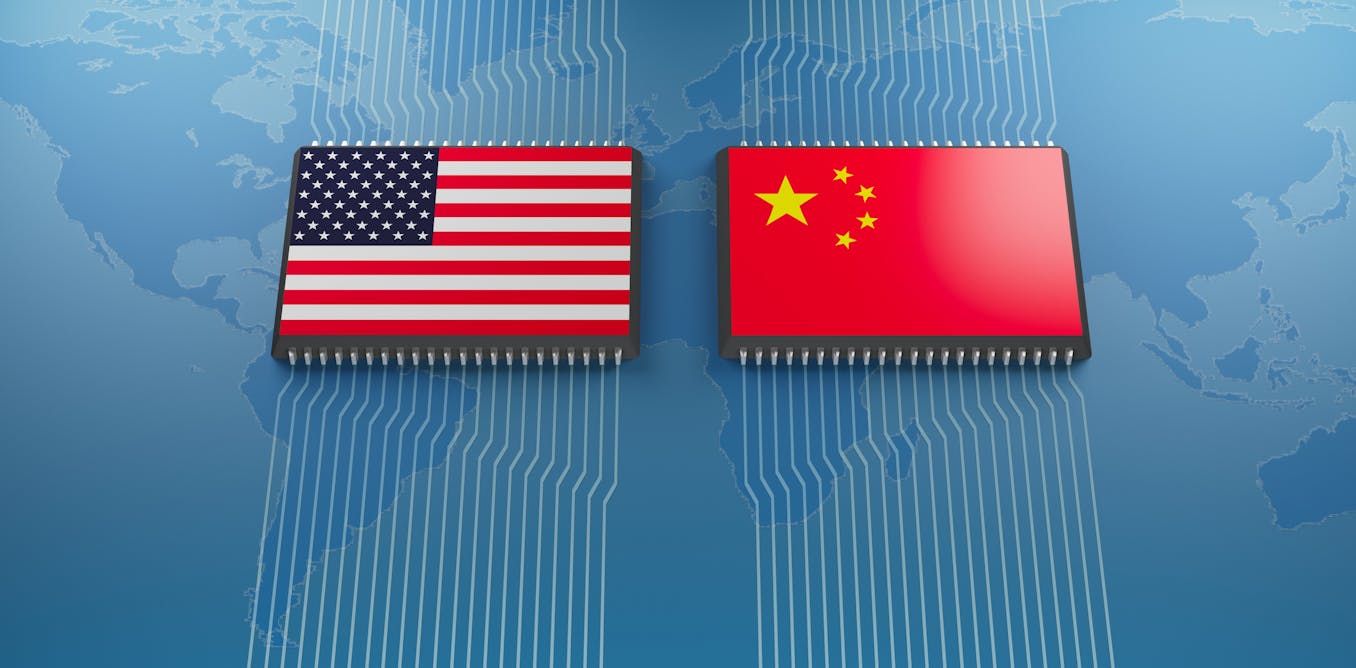US and China Sign Revised Science Agreement Amid Tensions Over Research Security

In a move seen as a shift towards greater emphasis on security, the United States and China signed a revised bilateral science and technology agreement on December 13, 2024. The new pact is significantly narrower than its 45-year-old predecessor, with limited topics for joint study, reduced opportunities for collaboration, and a new dispute resolution mechanism.
The move comes as global concern over research security continues to grow, with governments concerned about international rivals gaining military or trade advantages by working together on scientific projects. Other countries, including the European Union, Canada, Japan, and Australia, have also unveiled measures to protect sensitive research from foreign interference in recent months.
However, experts warn that such security provisions could undermine the very openness that makes science work. "Can nations tighten research security without killing the goose that lays the golden eggs?" asked Dr. [Name], a leading policy analyst and public affairs professor who has tracked the increasingly close relationship between the US and China in science and technology.
The revised agreement is particularly significant given China's emergence as a major player in global research. In just two decades, Chinese authors have shifted from producing less than 2% of research articles to claiming 25% of all Web of Science articles by 2023. Chinese companies now lead the number of patents issued worldwide, and they have become key partners in thousands of scientific collaborations with US researchers.
China's military has also been benefiting from its expertise in technology, which the country has used to build up its defense capabilities. Governments around the world are worried that China is using hacking, forced technology transfers, and industrial espionage to gain an advantage. Countries such as Japan, Australia, and Germany have all responded by establishing new measures to protect sensitive research.
However, the increased emphasis on security could also strangle international collaboration and stifle scientific progress. "Most of our most elite scientists work across national borders," said Dr. [Name]. "And evidence shows that international engagement and openness produce higher-impact research."
As the global landscape continues to shift, experts will be watching closely to see how nations balance their security concerns with the need for international cooperation in science and technology.
